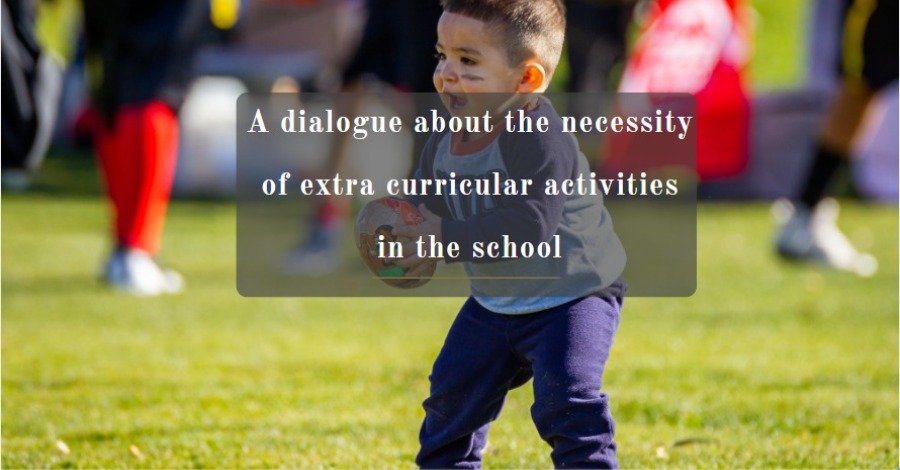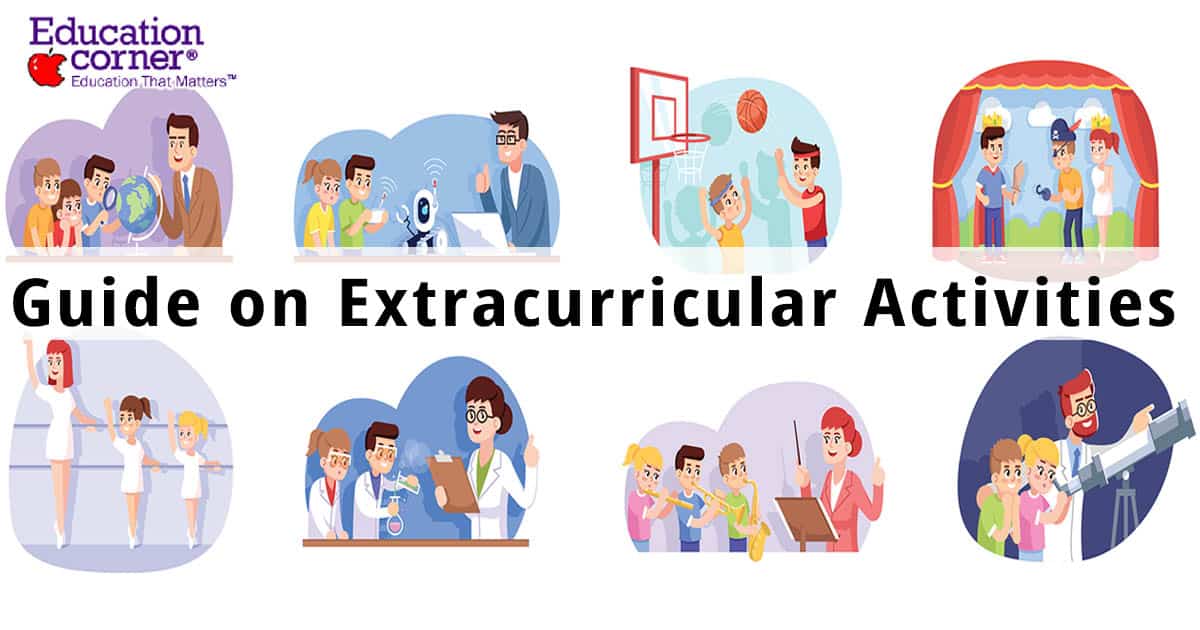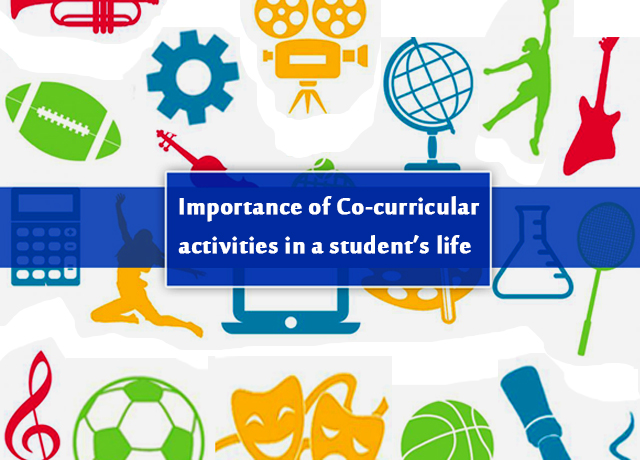Co-curricular activities are an integral part of a student's overall development and education. These activities, also known as extracurricular activities, are organized outside of the regular academic curriculum and provide students with the opportunity to pursue their interests, develop new skills, and build character.
One of the main benefits of co-curricular activities is that they allow students to apply the knowledge and skills they have learned in the classroom to real-life situations. For example, a student who participates in a debate club can practice public speaking and critical thinking, while a student who joins a sports team can learn teamwork and leadership. These activities provide a hands-on learning experience that helps students to better understand and retain the material they have learned in their academic courses.
Co-curricular activities also help students to develop important life skills such as communication, problem-solving, and time management. These skills are essential for success in both personal and professional endeavors, and can be developed through participation in activities such as clubs, teams, and volunteer organizations.
In addition to the personal and academic benefits, co-curricular activities can also have a positive impact on a student's overall well-being. These activities provide a break from the rigors of academic study and allow students to relax, have fun, and de-stress. Participation in co-curricular activities can also promote a sense of belonging and community, as students have the opportunity to interact with their peers and make new friends.
Moreover, co-curricular activities can enhance a student's resume and increase their chances of being accepted into a competitive college or university. Admissions committees often look for well-rounded applicants who have demonstrated a commitment to their education and personal growth through participation in a variety of extracurricular activities.
In conclusion, co-curricular activities are an important aspect of a student's education and overall development. These activities provide valuable opportunities for hands-on learning, skill development, and personal growth, and can have a positive impact on a student's well-being and future prospects. It is therefore important for students to consider participating in a variety of co-curricular activities in order to fully benefit from the enriching experiences they offer.
Importance of Co

Students who participate in outdoor activities learn skills including leadership and teamwork whereas reducing the percentage of getting involved in other harmful activities like taking drugs, alcohol use and other health related issues. And, of course, parents are right when they say it. Having a enthusiastic, positive attitude, the ability to engage students, effectively communicate all while being respectful are some of the characteristics that may lead to this helpful connection between teachers and students. Trinity Christian College Case Study 1504 Words 7 Pages In the years since its unique vision was considered, the school has kept pace with the offering so as to change instructive scene a more extensive extent of courses and projects. Parents instinctively want their children to become resilient, confident, charming adults and citizens, regardless of their specific talents and personality traits: introvert or extrovert, musician, sportswoman or man, organiser, team player, leader; they know that it takes more than an exclusively academic curriculum to achieve that. When they become accustomed to new facets of life, they will eventually become self-assured and well-molded.
Important Benefits of Co

As some students are unable to outperform in the classroom, but they are also superb athletes, musicians, players, etc. The physically programs reduce the dropout rates. A multi-disciplinary approach does not support the need the complex needs of many clients, no one health discipline can provide all the care that is need for our patients. It is counter intuitive to assume that physical activity delays student learning when research shows us evidence of it increasing their academic performance. Most important for their generation at the moment is the need for them to grasp that the world needs leaders and followers, and that everyone sometimes needs to be able to do both. Gardening, science, technology clubs will all allow you to build transferable skills while having a good time with friends. Students who get involved in other areas of student life are also likely to have a more positive outlook on school and future study.
The Importance of Co

Her views are very instructive, truthful, and encouraging to all college students. Co-curricular activities in schools help students sharpen their communication skills, expression skills, public speaking, participation, and sense of belongingness through different types of activities like debates, extempore, recitation. It Encourages the Development of Social Skills Youngsters are evolving into socially awkward individuals at an alarming rate. Let us see some of the benefits of extracurricular activities: 1. It offers them a sense of achievement to have accomplished something while still in school. Teachers and students think that if they exercise more than they would not be in a lot of pain later in life.
Importance Of Co Curricular Activities Essay

They develop social qualities like team spirit, fellow feeling, co-operation, tolerance, etc. Furthermore, many students participate in the same events year after year, giving them the opportunity to develop better leadership skills. Motivational Perspective : Motivational perspectives on co-operative learning focus primarily on the reward or goal structures under which students operate Slavin, 1977, 1983a, 1995. As you know you need good grades to participate in school activities. I guess now looking back in the past when I was a kid I never realized how valuable teamwork is in soccer. People who play sports get better or the same grades as people who don't how much is too much. Students may also use good sportsmanship as guidelines that can be generalized to classroom and lifelong achievement.








